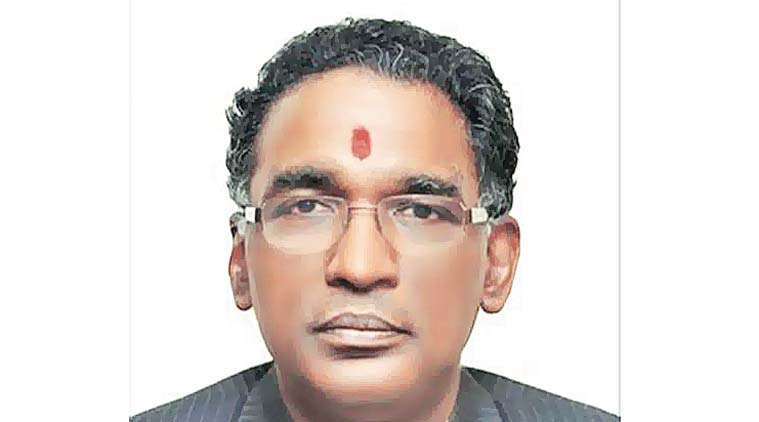-
Tips for becoming a good boxer - November 6, 2020
-
7 expert tips for making your hens night a memorable one - November 6, 2020
-
5 reasons to host your Christmas party on a cruise boat - November 6, 2020
-
What to do when you’re charged with a crime - November 6, 2020
-
Should you get one or multiple dogs? Here’s all you need to know - November 3, 2020
-
A Guide: How to Build Your Very Own Magic Mirror - February 14, 2019
-
Our Top Inspirational Baseball Stars - November 24, 2018
-
Five Tech Tools That Will Help You Turn Your Blog into a Business - November 24, 2018
-
How to Indulge on Vacation without Expanding Your Waist - November 9, 2018
-
5 Strategies for Businesses to Appeal to Today’s Increasingly Mobile-Crazed Customers - November 9, 2018
Justice Chelameswar opts out of collegium meeting
High court judges can be appointed without all the five members of the collegium -the Chief Justice and the four other senior-most judges -present.
Advertisement
The verdict, delivered by a nine-judge bench headed by the then Chief Justice JS Verma, in what is popularly known as the Second Judges’ Case, gave the judiciary or in other words, the Chief Justice of India, primacy in the appointment of judges and ruled that the executive can not have an equal say in the matter.
It had warned the Centre that the court would not tolerate “logjam in judges’ appointment” and would intervene to “fasten accountability” as the justice delivery system is “collapsing”.
The Supreme Court had then emphatically stated that it was the sole authority on judicial appointments.
The Judge in question, Justice Jasti Chelameswar- as per this report of The New Indian Express- is apparently of the view that as long as the collegium’s considerations are kept under wraps, there is no point in attending the concerned meetings.
In his eloquent dissenting judgment on NJAC, Justice Chelameswar strongly criticised the collegium system in vogue for the past 22 years as “absolutely opaque and inaccessible both to public and history, barring occasional leaks”.
For the first time in the Supreme Court’s history, a senior sitting judge has come out in the open and questioned its lack of transparency in the appointment and transfer of judges.
It is reported that Justice Chelameswar has written a three-page letter on Thursday to the Chief Justice of India and Justice TS Thakur, stating that he is unwilling to attend the meeting of the Collegium, which decides on the crucial issue of appointment and transfer of judges in the country. “The need for transparency is more in the case of an appointment process”.
No minutes are now recorded at the meetings and all the decisions are taken orally. This he said would ensure transparency as all judges would have to give reasons for their decisions. The Modi government has been locked in an unprecedented standoff over appointment of judges.
Also on the meeting’s agenda was the transfer of several high court judges.
Advertisement
[M] issed a genuine opportunity of reforming a system that it itself recognised as flawed – neither did it institute safeguards into the NJAC that would have made it constitutionally valid nor did it substantively reform the collegium itself to satisfy concerns that were shared by some petitioners, the government and the Supreme Court itself. Justice Joseph had headed the bench that quashed President’s rule in the hill state, leaving the BJP with a red face.




























